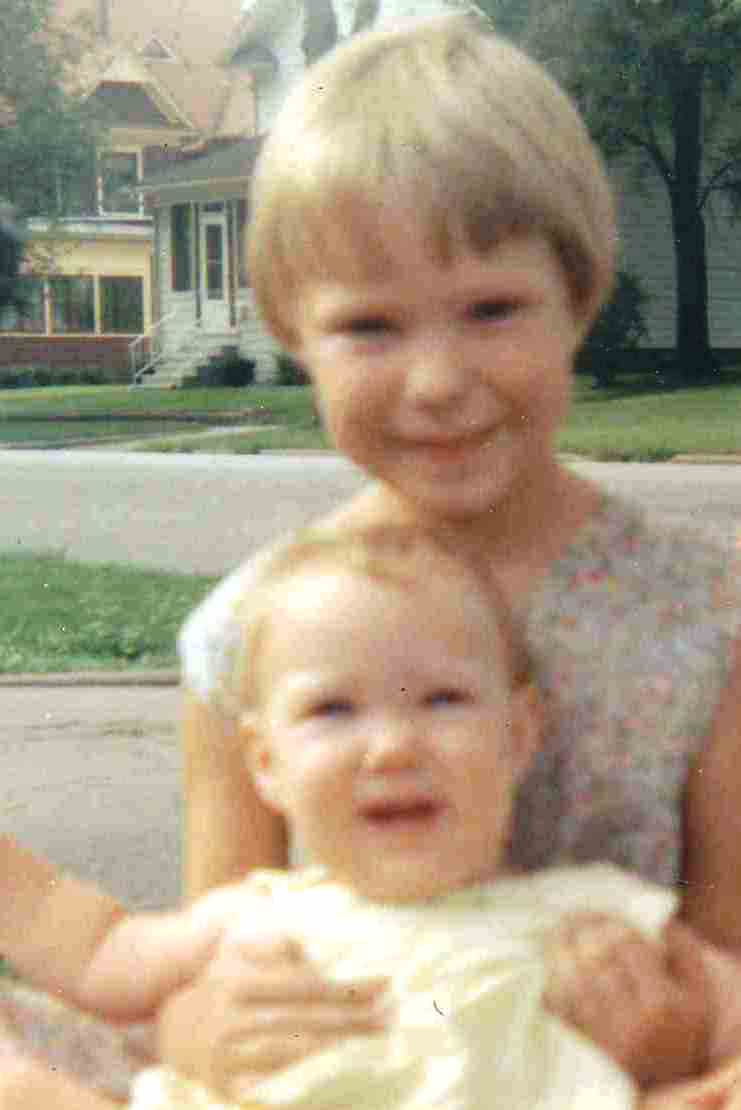
I loved Julian Barnes’s meditative, Man Booker Prize-winning A Sense of an Ending, which I reviewed very briefly here. In it, a middle-aged Brit contemplated the relationships of his youth in spare but lovely prose. When The Only Story began, it felt like it might recapture the thoughtfulness of that earlier tale. Sadly, it was not to be.
In The Only Story, we are introduced to an annoying, self-important protagonist, Paul Casey, whose summer membership at the local country club at age 19 leads to a decade-long entanglement with his tennis partner, 48-year-old Susan MacLeod, a married mother of two. Susan is a spirited woman in a drab and occasionally violent marital relationship. She quickly identifies Paul as a head case, but one with whom she is happy to trade banter. She is not the world-weary Mrs. Robinson type, a cougar on the prowl; instead, she comes across more like a spunky kitten: a woman who is a bit naïve, who regrets her lack of experience but is finally ready to do something about it. She seems to see in Paul—what? A way to overwrite the choices she made at Paul’s age? It’s hard to tell; we never truly get to know Susan, whose mid-life decisions, seen through the filter of Paul’s self-absorption, seem odd at best. It’s Susan’s life that’s the tragedy here, yet the pompous Paul seizes for himself the role of tragic hero.
The first half of this brief book tells the tale of the lovers’ happy-ish first years, in which Paul becomes a strange part of Susan’s household, bringing his college buddies home to her and doing crosswords with her husband. His parents are properly alarmed, which only makes Paul more pleased with his unconventional arrangement. Eventually, though, Paul and Susan decide to run off together, and here is where the story begins to fall apart.
The second half of the book drags, with Susan’s sad spiral glimpsed between Paul’s self-centered and stale musings on love. Paul, unsurprisingly, is ultimately unable to deal with his broken lover or accept his role in her decline, yet once he tosses her back to her family, he also remains too entangled to move on with his own life. For him, this is truly “the only story.”
The author plays with voice here, moving between first-, second-, and third-person observations with varying degrees of success, and as in previous books, he makes memory a central theme. As the book winds down, we wonder: Can we rely on Paul’s recollections or not? In the end, though, this bleak book brings few insights, and even the clean, crisp writing is not enough to wash away the sorrow of two lives wasted in the name of love.

A pity about the second half. I still have to read A Sense of the Ending, must see to that. Thoughtful review, thank you.
LikeLike
Thanks! Julian Barnes’s writing is so lovely, I just want to sink into it. But I also need to like a character or two, and The Only Story left me annoyed with everyone. Definitely try A Sense of an Ending–it was much less frustrating in that regard. And it’s short–so it gives a big return on the time investment!
LikeLike